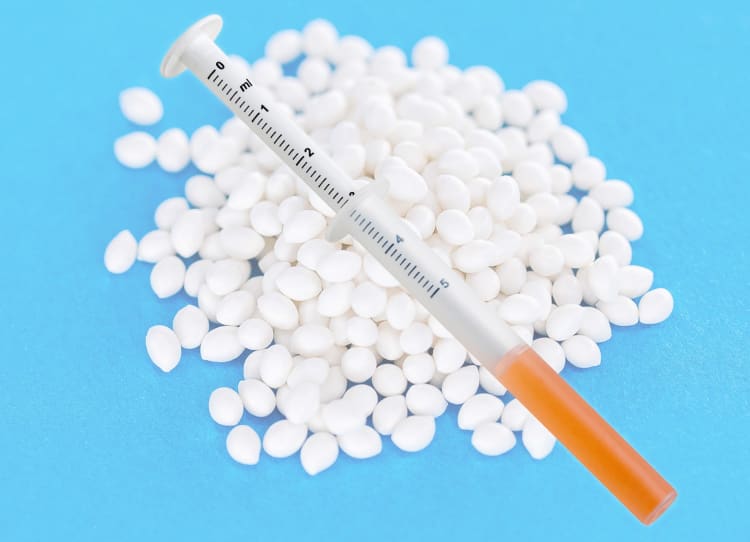
Elm-plastic has introduced a bioplastic pipette intended for pharmaceutical and medical use, developed with materials producer Biovox and the German subsidiary of plastics distributor Ultrapolymers. The company positions the Bio-Pipette as the first commercially available product of its kind for these markets. It is available for immediate delivery and was launched at the Cphi international pharmaceutical trade fair in Frankfurt am Main from 28 to 30 October. The solution is designed to meet common regulatory requirements while addressing the sector’s demand for lower-carbon components used in dosing and laboratory workflows.
Instead of conventional fossil-based materials typically used in pipettes, elm-plastic employs Biovox MedEco bioplastics, formulated either as 100% polylactic acid, PLA, or as compounds based 95% on bio-based polyethylene, PE, approved for use in the medical sector. According to the partners, compared with pipettes made of PE or polypropylene, this material choice enables a 113% reduction in the CO2 footprint from cradle to gate. MedEco Bio-Compounds are intended for medical and laboratory technology, are available with a wide range of properties, conform to ISO 10993, and can be sterilised using EO/radiation and SCC. With their environmental profile, they are presented as a contribution to a sustainable circular economy.
Material characteristics and processing
Biovox states that MedEco PLA is well suited to injection-moulded parts requiring dimensional stability and a non-slip surface. The material’s rigidity and strength allow for designs with low wall thickness, helping to reduce material consumption. In addition, processability at lower temperatures compared to fossil-based plastics enables potential energy savings during moulding. These features target efficiency in production alongside the environmental benefits cited for the MedEco portfolio.
The Bio-Pipette application leverages this combination of performance and processing capability to offer a familiar component format using bio-based polymers. By aligning with ISO 10993 and established sterilisation methods, the materials are positioned to fit existing validation and quality frameworks in medical and pharmaceutical supply chains while addressing Scope 3 decarbonisation efforts.
Collaboration and roles
The development resulted from a strategic collaboration spanning product design, material compounding and distribution expertise. Elm-plastic, a specialist in pharmaceutical and medical products, handled product-specific design, manufacturing and regulatory compliance. Biovox developed and manufactures the MedEco medical-grade bioplastic compounds used in the pipette. Ultrapolymers Deutschland supported material selection and processing during the development phase through to the start of series production.
By combining sustainability objectives with pharmaceutical-grade quality and marketability, the partnership aims to support companies in implementing compliance requirements and progressing toward reductions in indirect greenhouse gas emissions. The partners position the Bio-Pipette as a practical option for organisations seeking to replace fossil-based components without changing established handling or sterilisation routes.
Availability and industry context
The product is available immediately and targets medical and laboratory applications where pipettes are standard dosing aids or primary packaging components. The companies emphasise that the MedEco compounds provide a range of property profiles for such uses and are designed with future regulatory requirements in mind. The launch at Cphi drew attention to the material substitution pathway for widely used, single-use items in healthcare, linking bio-based resin selection with energy-efficient moulding and recognised sterilisation compatibility.



